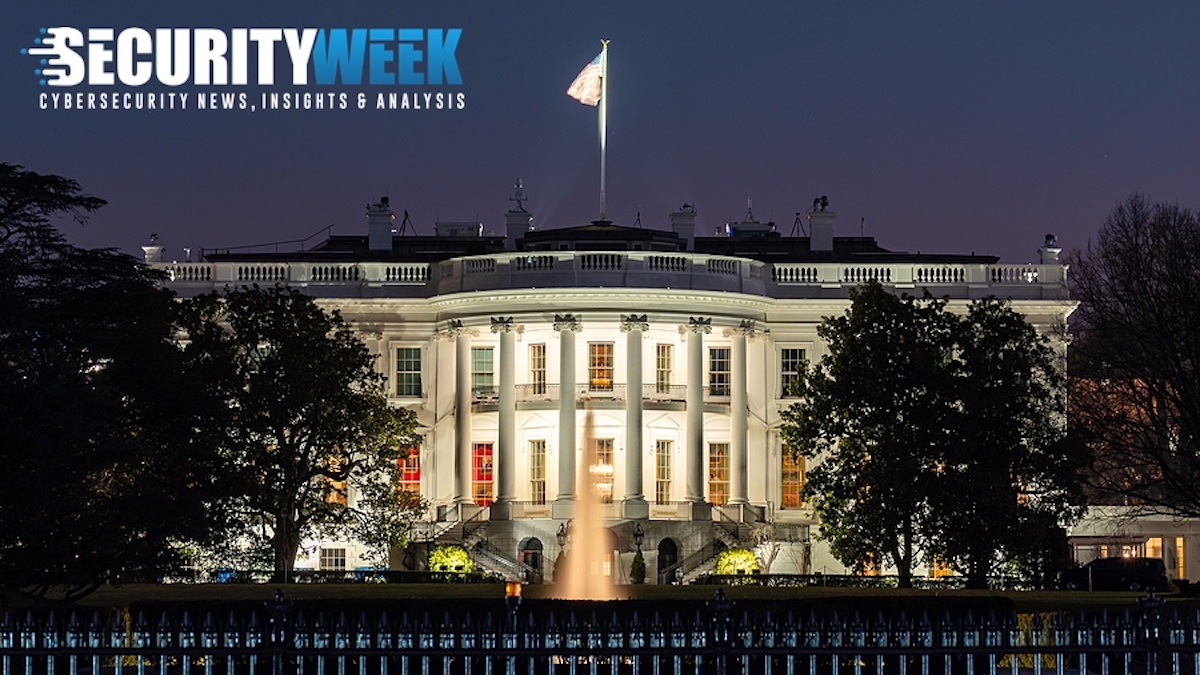The White House on Thursday published its $6.9 trillion budget proposal for fiscal year 2024 and the administration wants to increase cybersecurity spending.
Several sections of President Biden’s budget plan mention cybersecurity-related spending.
The administration has proposed an additional $145 million for the Cybersecurity and Infrastructure Security Agency (CISA), which will receive a total of $3.1 billion. This amount includes $425 million to improve the agency’s internal cybersecurity and analytical capabilities, and $98 million for the implementation of the Cyber Incident Reporting for Critical Infrastructure Act of 2021.
For strengthening the cybersecurity and resilience of the energy sector, a $245 million budget is provided to enhance the security of clean energy technologies and the energy supply chain.
The new budget plan also aims to expand the Justice Department’s ability to pursue cyber threats, including an additional $63 million for “more agents, enhanced response capabilities, and strengthened intelligence collection and analysis capabilities”.
In an effort to help the Treasury Department strengthen enterprise cybersecurity, the budget proposes a $115 million increase, to $215 million. The money would be used to protect sensitive systems and information, strengthen the organization’s overall cybersecurity efforts, and enable it to continue implementing a zero trust architecture.
Part of the $395 million proposed for the Department of State’s cyber and digital initiatives would be invested in supply chain security, and enhancing cooperation on privacy and data sharing.
The White House has also set aside a significant budget for countering malign influence operations, including $400 million for countering China and $753 million for Ukraine “to continue to counter Russian malign influence and to meet emerging needs related to security, energy, cybersecurity, disinformation, macroeconomic stabilization, and civil society resilience”.
Cybersecurity is also mentioned in the $200 million increase for the Technology Modernization Fund (TMF) investment program.
“The Budget continues to invest in cybersecurity programs recognizing that cybersecurity is essential to the basic functioning of our economy, the operation of our critical infrastructure, the strength of our democracy and democratic institutions, the privacy of our data and communications, and our national security,” the White House said in a fact sheet.
The budget plan was released a week after the White House announced its National Cybersecurity Strategy, which seeks to shift the burden for managing cyber risk, while taking a more offensive approach to dealing with threat actors.
Related: Industry Experts Analyze US National Cybersecurity Strategy
Related: White House Proposes $10.9 Billion Budget for Cybersecurity















